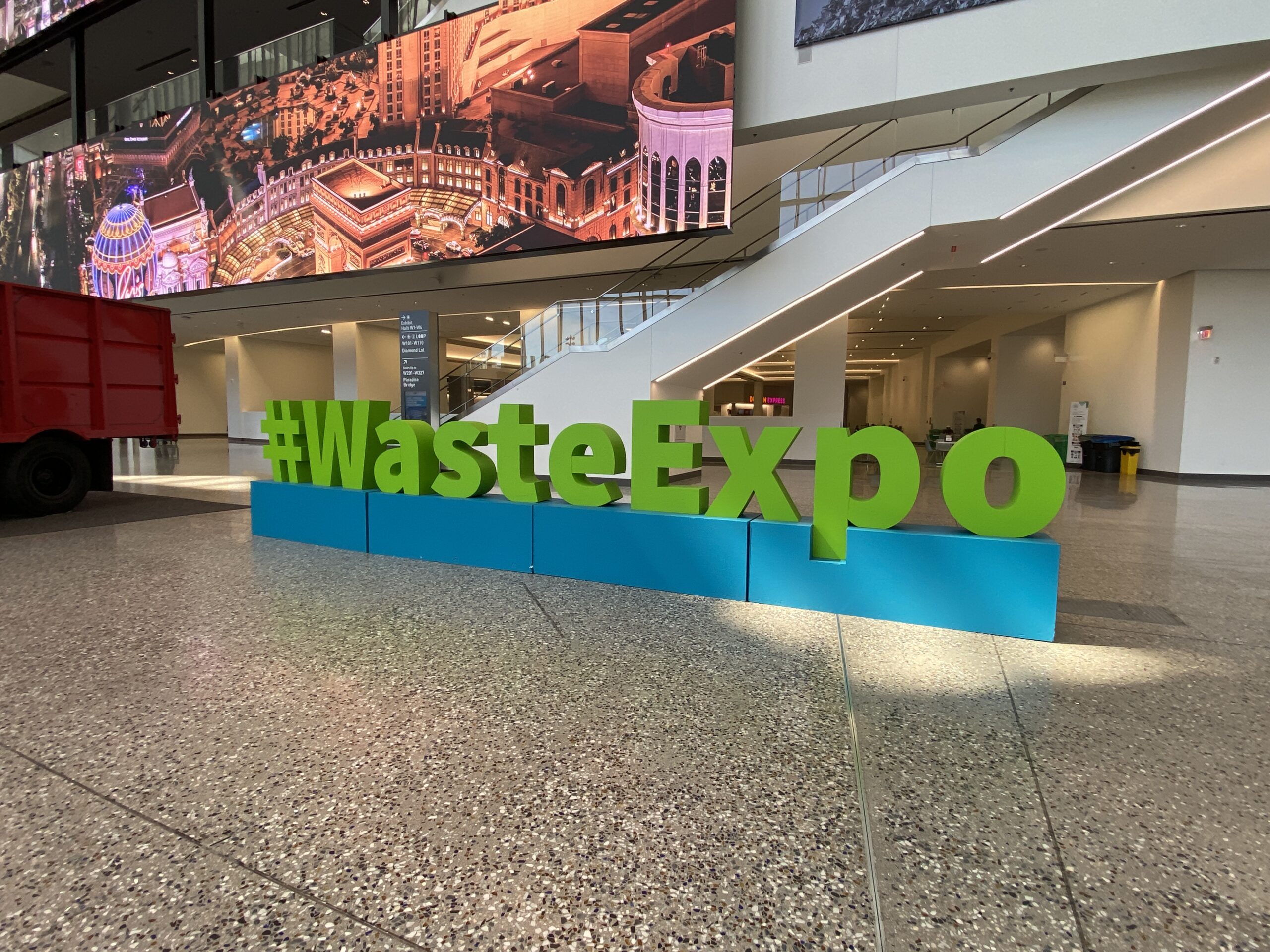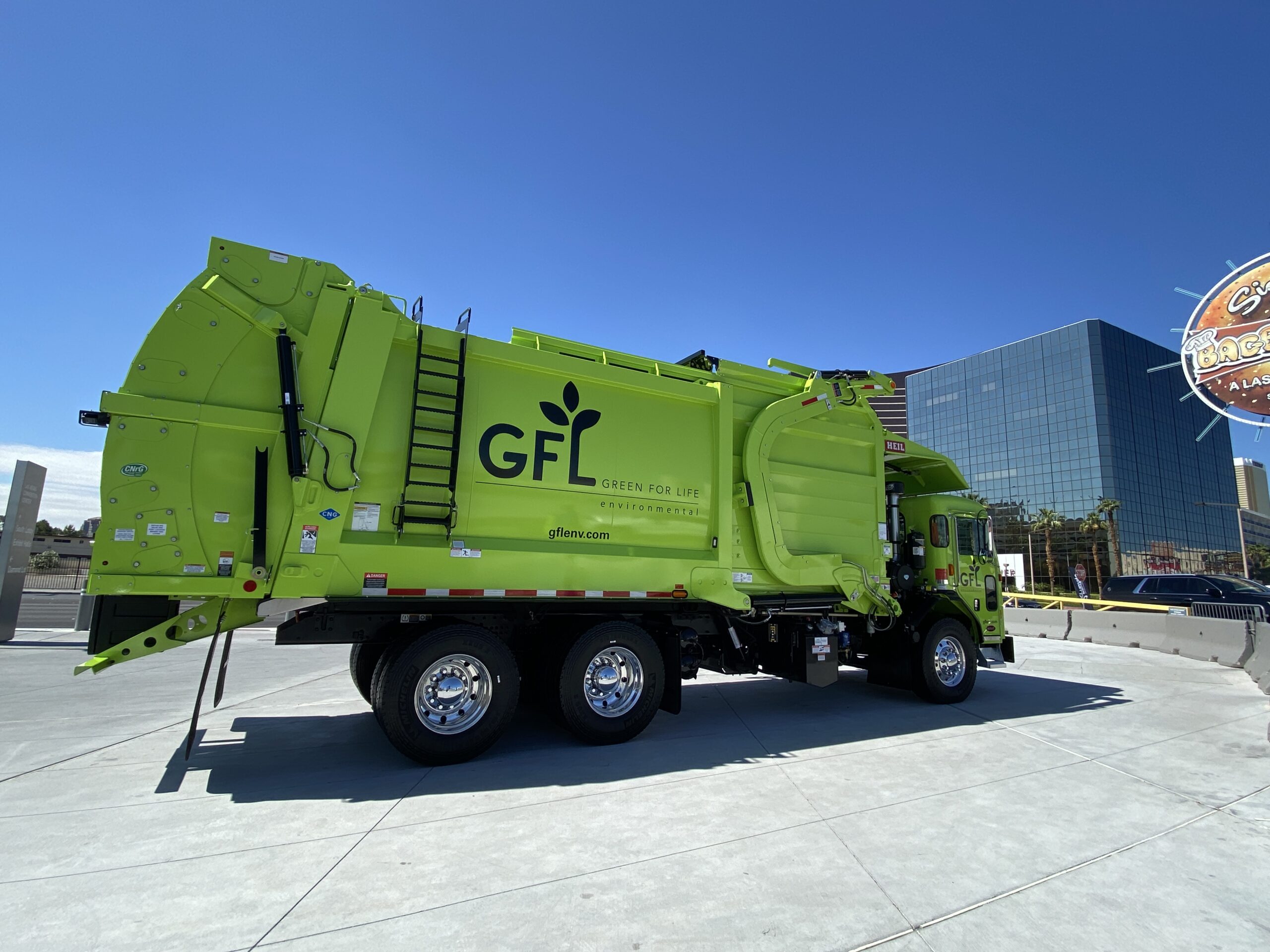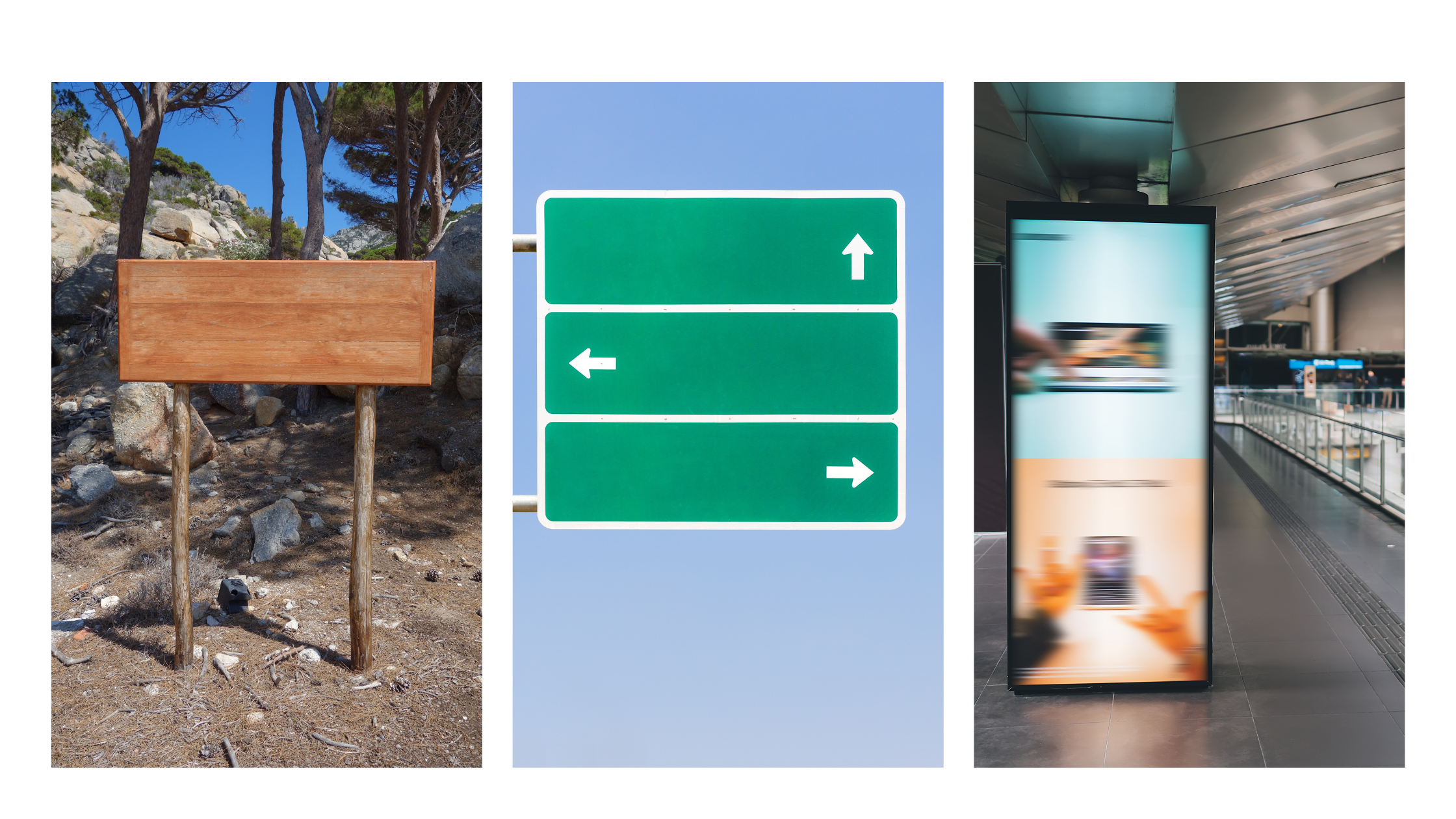Although every state has different waste management arrangements and laws, California has the most stringent in the nation. California laws SB 1383 and AB 2176 require compost, food recovery and recycling for events of over 2000 people.
Environmental stewardship and landfill diversion objectives inspired these laws. Organic waste is one of the largest waste streams in California, producing over 24 million tons annually. This includes paper, green waste, wood waste, food waste and other organics. Since methane gas production from landfills is advancing climate change and one in five families are food insecure, the California legislature to set the goal that by 2025, California must reduce organic waste landfill by 75% and recover 20% of currently disposed edible food.
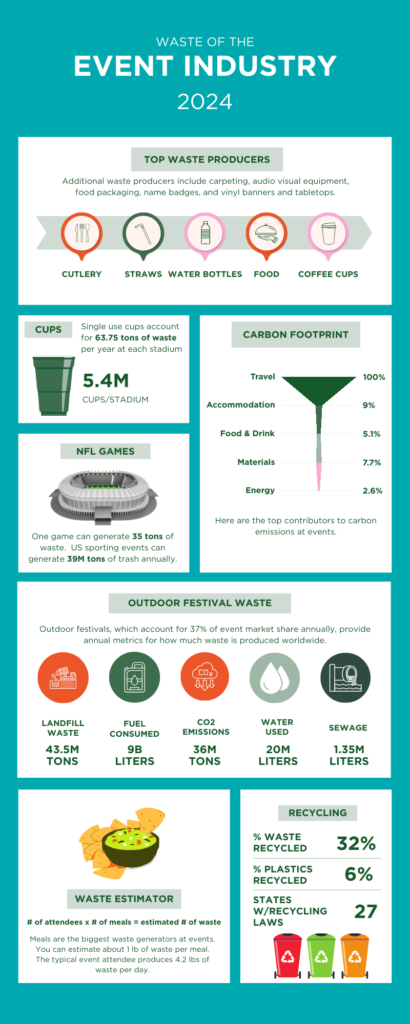
Recycling mandates and bans on single use plastic are intended to move the state towards zero waste, defined as “the conservation of all resources by means of responsible production, consumption, reuse, and recovery of products, packaging, and materials without burning and with no discharges to land, water, or air that threaten the environment or human health.”
In passing these requirements, however, lawmakers failed to require certain infrastructure to specifically support events.
The only haulers who have the infrastructure for recycling and compost are the franchise haulers. These include the behemoth corporations like Athens, Republic, and Waste Management. The franchise haulers get the big government contracts; they provide union, high quality jobs (for the drivers under the International Brotherhood of Teamsters), and they then also take that money to invest in electric trucks—one truck can cost around $480,000—sorting technology, and special bins and machinery so that they can handle and comply with the newest regulations.
Athens, for instance, has a sophisticated single stream recycling system that allows for the separation of eleven different types of materials including metal, aluminum, OCC, PET, HDPE color, HDPE natural, metals like tin, sorted residential papers and news, cardboard, bulky rigid, and four different types of glass. By contrast, in a state like Georgia where there are no franchise systems, recycling is limited and the state has almost completely (with some exception) abandoned recycling glass. So there are benefits to having a franchise system for the goals of landfill diversion.
However, franchise haulers operate like giant steam liners while events require jet skis. By that I mean that franchise haulers need large windows of time to drop off and pick up dumpsters and have limited days they can operate, but events and event venues often want and need specific appointment times during non-regular business hours.
Most events occur on weekends, and yet big haulers are closed on weekends. The added cost of weekend pickups and deliveries is often prohibitive for event producers ($500 or more extra per pickup or delivery) and they often evade the law because they cannot afford to comply with it. Either that, or it causes a lot of headaches around trash management because you cannot call to have a dumpster emptied or a roll off changed out on the weekend if need be. Trash overwhelms the event venue and bags of trash pile up with nowhere to put them.
For all franchises haulers, event trash management isn’t even 1% of their annual revenue stream, and as a result, there is no dedicated number posted on their websites for producers to access trash hauling. As a result, coordinating with these companies is more than a headache as you have to dial through a labyrinth of 800 numbers and internal phone systems to reach the representative who arranges temporary dumpsters.
Recently, we spent over four hours on hold with Waste Management waiting in the ether for customer service. This is enough to make most event producers give up and go the mom and pop route which 1. Is less expensive, 2. Allows them to ask for and get specific drop off and pickup times, and 3. Is more amenable to late night and weekend deliveries and pickups.
This is another example of a law that is well meaning but not properly thought out.
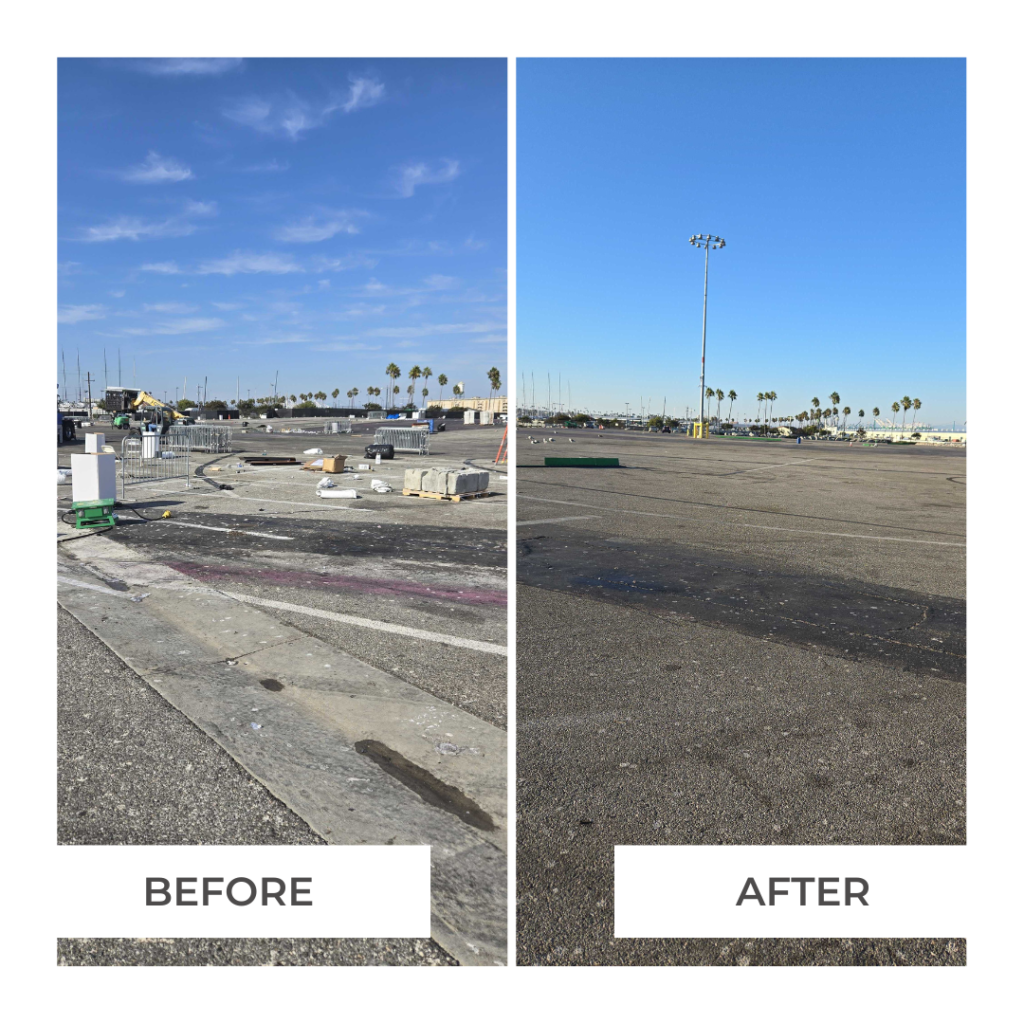
If the state of California really wants to encourage landfill diversion for events, which, is both admirable and necessary given how much waste events can produce, then creating better infrastructure will encourage more producers to follow the law as well as make it easier for smaller events that might want to recycle but can’t comply due to costs and logistics.
Each franchise hauler needs a dedicated number for events posted on their website that’s easy to find.
Each franchise hauler needs to have a team who can operate on evenings and weekends when events need dumpsters and hauling or they should allow mom and pop haulers to have access to their materials recovery facilities.
Or the government should sponsor a materials recycling and compost facility that is dedicated for mom and pop haulers which would increase access and make compliance more possible.
Finally, for smaller events, it would make sense to have rolloffs that are compartmentalized. Instead of having to deliver separate bins for trash, compost, and recycling, one rolloff dumpster that is separated into two or three parts would help events of under 2000 people do their part to help protect the planet.
PopUP CleanUP specializes in trash management, dumpster rental and delivery logistics, and creating landfill diversion strategies for your event.
